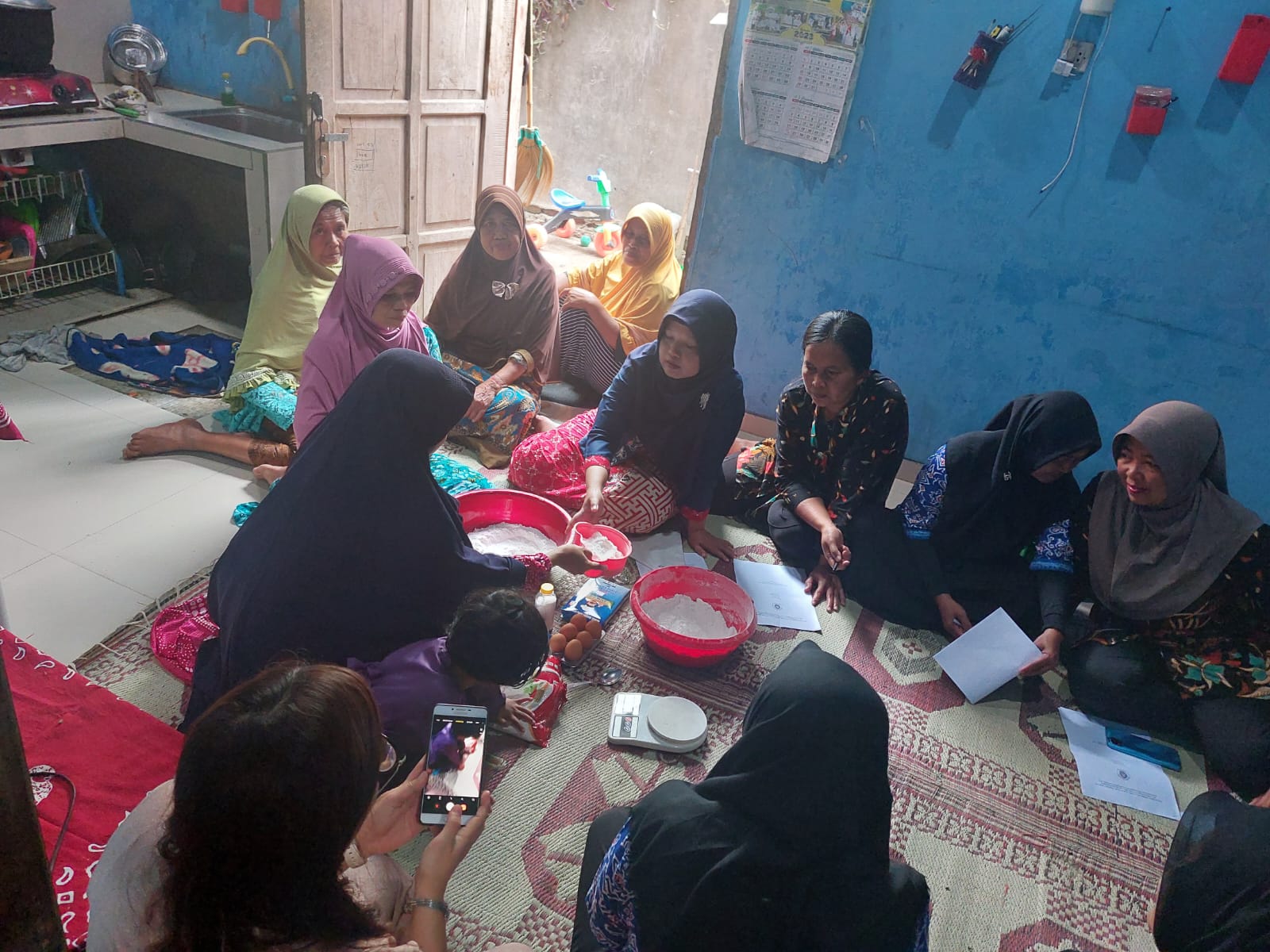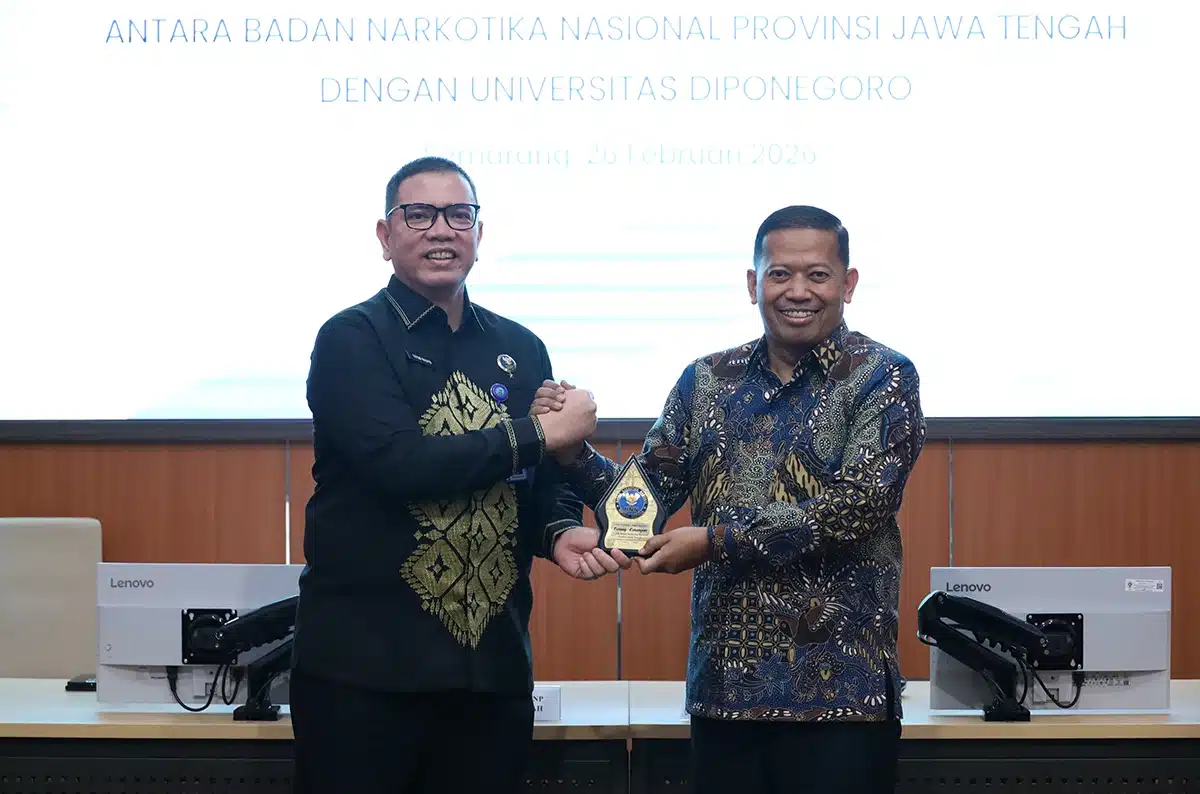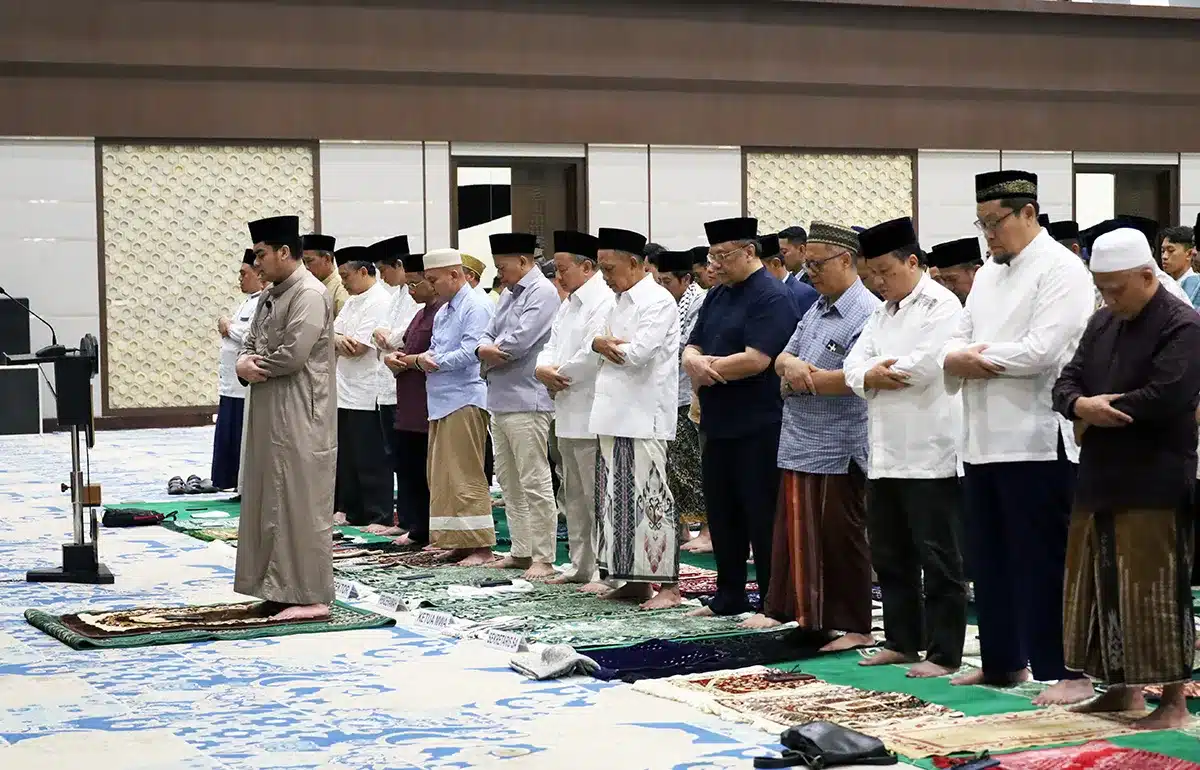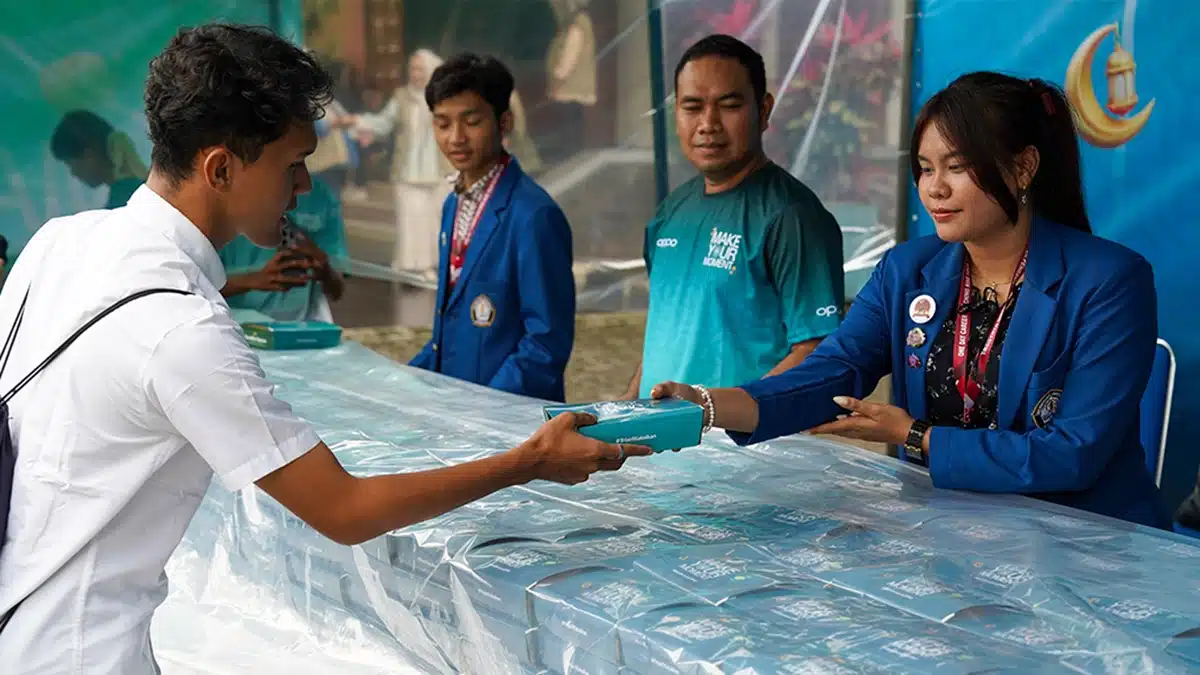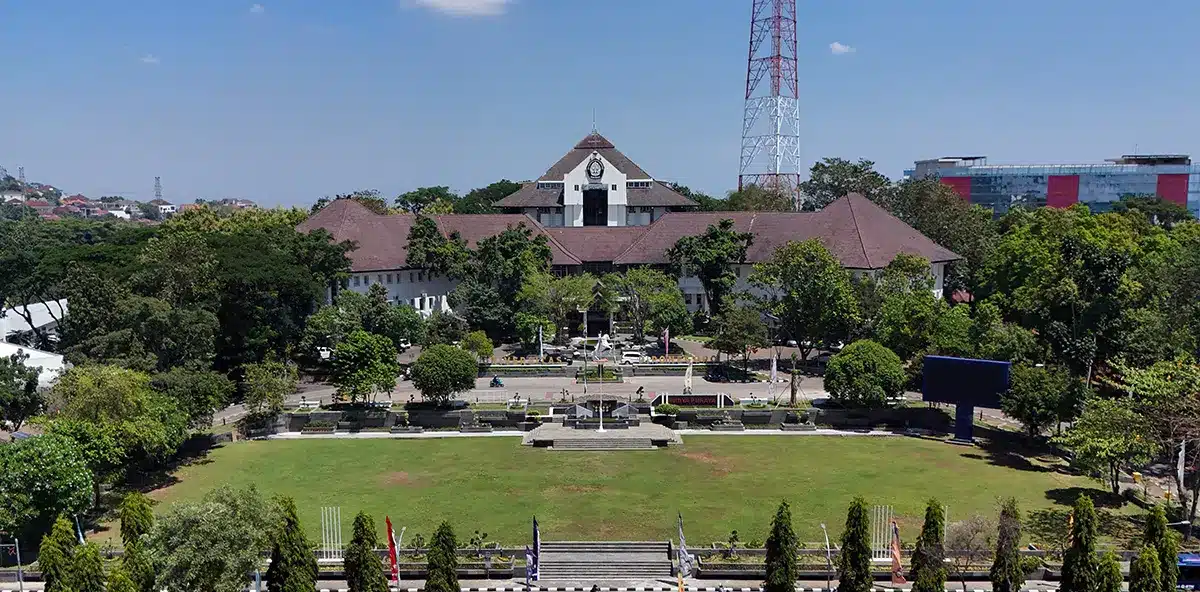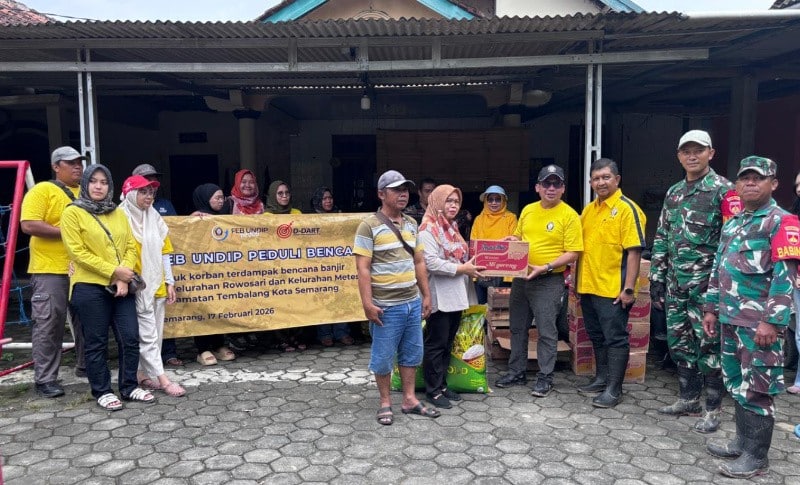Semarang – Central Java (5/12). Public awareness of consuming healthy food provides opportunities for MSMEs to be able to produce healthy food ingredients. For this reason, Lecturers from the Faculty of Animal and Agricultural Sciences, Diponegoro University (FPP Undip) assisted MSMEs in Karangnongko Village, Mojosongo District, Boyolali Regency.
The women who are members of the Tunas Muda Farmers Group in Tompe Sub-Village have previously been trained to make Modified Cassava Flour, better known as Mocaf. Mocaf is flour made from cassava using a fermentation process. “Training on making Mocaf was carried out in 2022 and is now being produced and marketed regularly by Tunas Muda members,” said Migie Handayani, S.Pt., M.Si., Agribusiness lecturer at FPP UNDIP.
Mocaf flour has quite good characteristics and can substitute or replace up to 100% of wheat flour. When compared to unfermented cassava flour (gaplek), mocaf flour has better quality; namely, it looks whiter, and the distinctive cassava aroma is lost. It was further explained that apart from providing training in making Mocaf, the Undip team has also provided further training, namely making processed products from Mocaf flour into cakes.
This continuous mentoring activity was continued with training in making noodles made from Mocaf flour. FPP Undip Professor, Prof. Dr. Ir. Titiek Ekowati, M.Sc., who took part in this training activity, said that noodles were chosen as processed mocaf because apart from being a food that is well known to the public, noodles are also liked by all groups, from children to older people. It is hoped that this activity will be an effort to empower women’s role in improving the welfare of the family. Apart from being attended by members from the Tunas Muda Women’s Group, this training was also followed by the Rukun Makmur and Sekar Putri Women’s Groups from Musuk Village, Musuk District, Boyolali Regency.
Mocaf noodles are a healthy food that is currently needed, especially for people with diabetes and autism. “Mothers will be able to produce their healthy food for their families and the environment using raw materials obtained from their respective regions,” explained Dr. Sri Mulyani, S.Pt., M.Si., lecturer from the Food Technology Study Program of FPP Undip.
The use of mocaf flour for various healthy processed foods is also a form of diversification of carbohydrate sources. The noodles from the training were immediately served in the form of chicken noodles and enjoyed by all training participants. “The texture is very soft, there is no cassava aroma, and the mocaf noodles have a specific taste that is more savory and more filling,” commented Yuni from the Tunas Muda Women’s Group.
Mothers in Boyolali really hope for this assistance from FPP Undip. “We need the presence of assistants, especially from academics, so that we in the village can be more creative in order to increase family income,” said Surani from the Rukun Makmur Group. (FPP Undip Team ed. Ut-PR)
